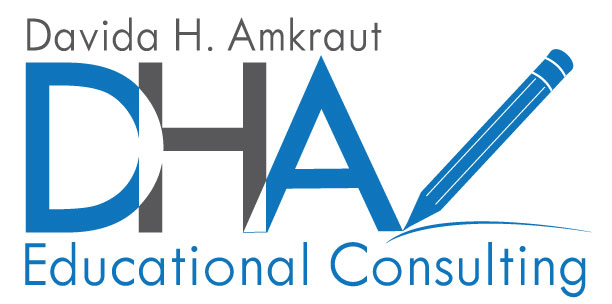In order to decide which is best for you, it is first important to understand what each college admission process means.
An Early Decision application is when students make a commitment to a first choice institution where, if admitted they will definitely enroll. The decision is binding. The application deadline and and decision deadline occur early.
A Regular Decision application is when students submit an application by a specified date and receive a decision in a clearly stated period of time. The decision is non binding.
Early Decision has become a more popular route that students are choosing, especially those who know exactly where they want to attend school. The advantages of Early Decision admission is that students who choose to apply early and are accepted can enjoy the remainder of their senior year without the anxiety of waiting for decisions to be rolled out. That does not mean in any way that they can slack off in their classes- universities have every right to rescind an admission should a student’s grades fall. Another advantage of applying early is that some institutions take a higher percentage of applicants during this first round. This is not only beneficial to the student but the college also benefits. Rankings are all the rage in college admission offices. In order to keep a certain ranking or move up, the school must produce a high yield rate for admissions which signals the popularity of a school. Because it is almost impossible for a school to predict who may enroll during regular decision enrollment, the school attempts to lock down a significant percentage of the incoming class during the Early Decision process.
Unfortunately with most things in life there is a trade off. A student who applies Early Decision needs to understand that the decision is binding regardless of the aid that the university offers. In other words, the decision is released before the family is able to review the finances. An applicant needs to be confident in his or her financial situation prior to applying. Another downfall to applying early is certain schools during this cycle either reject or accept. There is no deferral. Take Northwestern University in Evanston, Illinois. Should you apply early to Northwestern and are not accepted you will not be deferred. The school has decided not to enroll you during either cycle. Critics of the Early Decision Admission process also argue that the system in place favors the wealthy. No applicant who is financially insecure can choose this route and the question of fairness and equity is asked.
Before doing anything, the family and student should be on the same page before any application is submitted. Families should not shield children from the realities of financial constraints. Afterall, we are preparing them for life as an adult. What better way to start?
